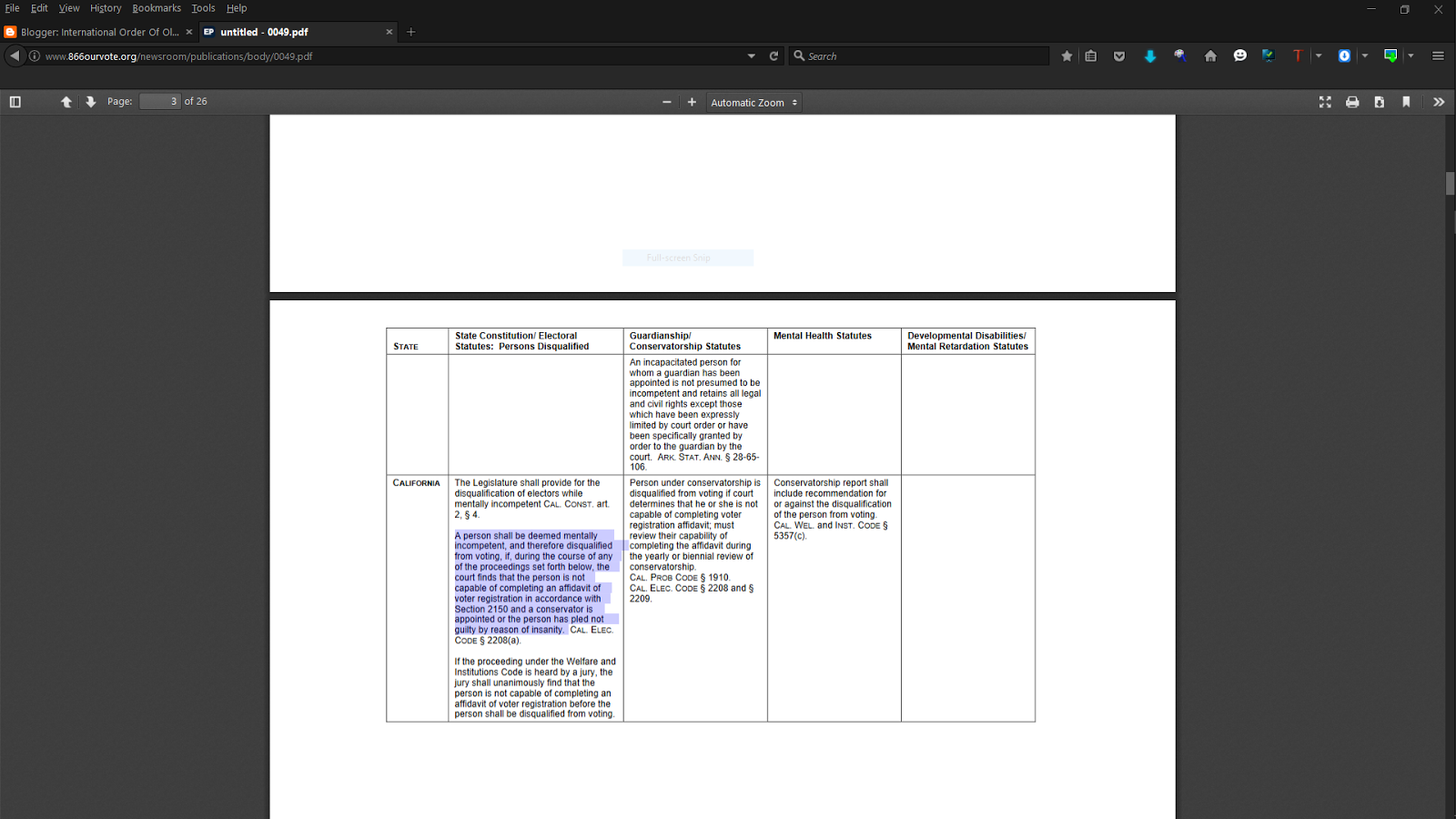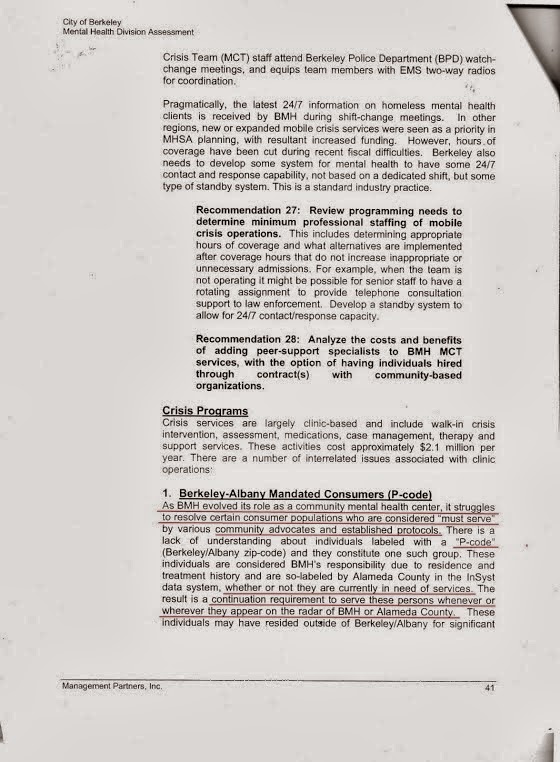







 |
| This was the first really crazy Mason I had to deal with... |






Proposition 8, known informally as Prop 8, was a California ballot proposition and a state constitutional amendment passed in the November 2008 California state elections. The proposition was created by opponents of same-sex marriage in advance of the California Supreme Court's May 2008 appeal ruling, In re Marriage Cases, which followed the short-lived 2004 same-sex weddings controversy and found the previous ban on same-sex marriage (Proposition 22, 2000) unconstitutional. Proposition 8 was ultimately ruled unconstitutional by a federal court (on different grounds) in 2010, although the court decision did not go into effect until June 26, 2013, following the conclusion of proponents' appeals.
Proposition 8 countermanded the 2008 ruling by adding the same provision as in Proposition 22 to the California Constitution, providing that "only marriage between a man and a woman is valid or recognized in California," thereby superseding the 2008 ruling. As an amendment, it was ruled constitutional by the California Supreme Court in Strauss v. Horton, in 2009, on the grounds that it "carved out a limited [or 'narrow'] exception to the state equal protection clause"; Justice Moreno dissented that exceptions to the equal protection clause could not be made by any majority since its whole purpose was to protect minorities against the will of a majority.
Following affirmation by the state courts, two same-sex couples filed a lawsuit against the initiative in the United States District Court for the Northern District of California in the case Perry v. Schwarzenegger (later Hollingsworth v. Perry). In August 2010, Chief Judge Vaughn Walker ruled that the amendment was unconstitutional under both the Due Process and Equal Protection Clauses of the Fourteenth Amendment, since it purported to re-remove rights from a disfavored class only, with no rational basis. The official proponents' justifications for the measure were analyzed in over fifty pages covering eighty findings of fact.
Colorado Amendment 64 was successful a popular initiative ballot measure to amend the Constitution of the State of Colorado, outlining a statewide drug policy for cannabis. The measure passed on November 6, 2012, and along with a similar measure in Washington state, marked "an electoral first not only for America but for the world."
Enacted as Article 18, section 16 of the state constitution, the law addresses "personal use and regulation of marijuana" for adults 21 and over, as well as commercial cultivation, manufacture, and sale: regulating marijuana in a manner similar to alcohol,namely for recreational use. The commercial sale of cannabis to the general public began on January 1, 2014, at establishments licensed under the regulatory framework.
By April 2016 sixty two of Colorado's two hundred seventy one cities and towns and twenty two of the state's sixty four counties had adopted some form of recreational marijuana regulation. Notably absent from the list is the states most populous county and second most populous city; Colorado Springs in El Paso county.





















































































































No comments:
Post a Comment